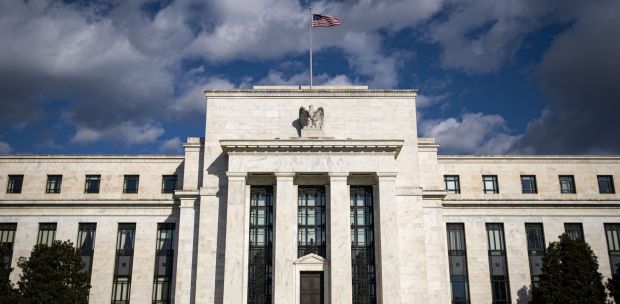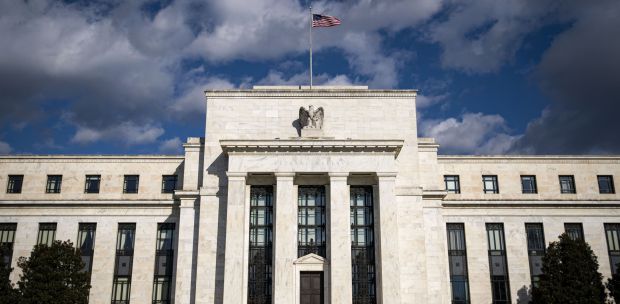THE economic fortunes of the country will be determined at the confluence of four major global forces.
FIRST is the stingier monetary policy of the United States. The Federal Reserve, which is the US central bank, plans to reduce its balance sheet that has ballooned to US$9 trillion through quantitative easing since the pandemic started in 2020.
The buying of assets then was to help stimulate the economy. To reduce its balance sheet, the Federal Reserve will start selling the assets it had accumulated.
It plans to do so over three months at a monthly rate of US$95 billion. This will mean sucking out money from its economy to put the brakes on escalating prices.
Compounding this is the envisaged move by the Federal Reserve to increase the benchmark interest rate. These two instruments are designed to rein in inflation in the US of above seven per cent.
Such tightening of monetary policy by the US, the European Union and United Kingdom will create uncertainty in emerging markets, including Malaysia.
It will cause greater outflow of foreign funds as they seek better returns abroad and this will put pressure on the Malaysian economy, discouraging both foreign and domestic investments.
For example, extensive capital outflow from Japan in the 1990s triggered two decades of stagnant growth in the world's second biggest economy.
SECOND, China's harsh zero-Covid policy and the resulting massive lockdowns will compound the supply-chain disruptions and depress its economy further.
China is Malaysia's top trading partner, comprising 14 per cent of Malaysia's total trade. Accordingly, our economy can be expected to be impacted negatively.
THIRD, the ongoing Russia-Ukraine war further exacerbates the fractures in global supply chains brought on by the pandemic. More sanctions against Russia are expected in response to Russian brutality in Ukraine.
The new sanctions will further disrupt global trade and raise the cost of imports.
As two-thirds of our raw materials for final manufactures come from imports, swollen import prices will raise the cost of production.
Malaysia supplies more than a tenth of the world's electrical and electronic (E&E) components. As supply chain issues continue to disrupt the production of electronic products, our E&E exports too will be affected.
FOURTH, unless the war ends quickly, oil prices are unlikely to go down.
The Organisation of the Petroleum Exporting Countries (Opec) too shows no signs of increasing output despite pressure from the US and the EU to do so.
The industry has suffered long years of underinvestment in fossil fuels. Shale gas production has been similarly hit by underinvestment as a result of the imperative to rein in global warming.
It is unlikely, therefore, that oil prices will fall in the short run.
Against a burgeoning consumer demand, oil supply restrictions are bound to fuel inflation.
The danger is that the world could spiral into a recession. That will tamp down our promising growth of six per cent.
Indeed, the World Bank expects our growth to be a notch lower at 4.8 per cent compared with the government's growth forecast of between 5.5 and 6.5 per cent.
Electricity charges will increase as the price of coal, which comprises half of the fuel mix in Malaysia's electricity generation, rises in tandem with oil prices.
To this, we must add increases to the cost of animal feed such as wheat and corn. One-fifth of the world's wheat and corn production comes from Russia and Ukraine, and increases in animal-feed prices will escalate food prices.
At 2.3 per cent, inflation has hitherto been manageable. But, the combination of increases in commodity and oil prices, supply chain disruptions and the release of pent-up consumer demand will surely see inflation soar beyond the current level.
Interest rates must, therefore, rise to ease inflationary pressures.
Unless the government continues with its expansionary policies to compensate for its ill-effects, an interest rate hike will further dampen investments and slow down economic growth.
We have almost conquered Covid-19 with one of the best vaccination records. The war in Ukraine and its effects remain an impediment to accelerated economic recovery.
Let us hope that the war will end soon.
The writer is the AIMST University's vice-chancellor





